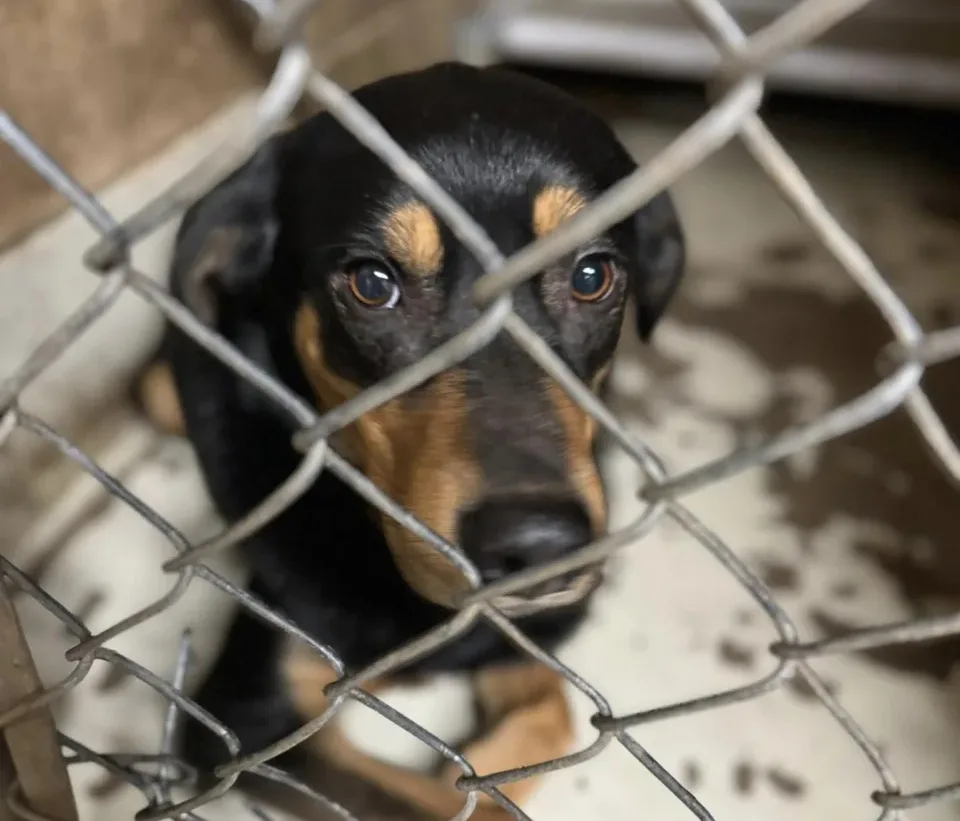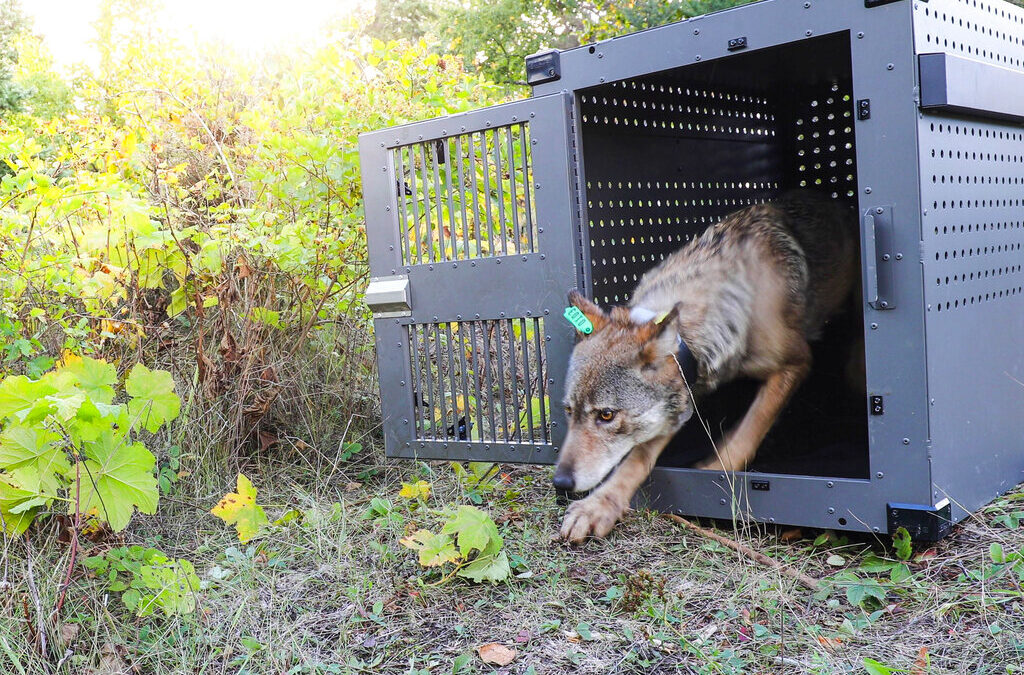
Photo Courtesy of Calhoun County Animal Center/Facebook
Here’s how paying your taxes can help local animal shelters.
Michigan is home to nearly 2.6 million dogs and 1.8 million cats, according to the American Veterinary Medical Association.
Many of these animals are waiting inside one of the state’s animal shelters for their “furever” home. Thankfully, there’s an easy way to help these pets directly—simply by filing your taxes.
The Animal Welfare Fund (AWF)—which is supported by Michigan taxpayers through voluntary contributions on their state tax returns—is a program that provides financial grants to Michigan’s animal shelters. The grants help shelters finance spay/neuter programs, educate others about proper animal care, and train staff.
The program is managed by the Michigan Department of Agriculture and Rural Development’s (MDARD) Animal Industry Division. Since 2010, 100% of the contributions made to the Animal Welfare Fund—more than $1.9 million—has been distributed to over 305 animal shelters.
And these efforts don’t just help the animals inside of a shelter— they also help shelter staff keep community animals healthy.
“The grants make a significant, positive impact on Michigan’s animals and the people who care for them,” said Nora Wineland, State Veterinarian and Director of MDARD’s Animal Industry Division, in a press release. Wineland encourages Michiganders to check the fund’s box on Form 4642, Voluntary Contributions Schedule, on their state tax returns to contribute to the AWF.
Here’s a breakdown of which animal shelter organizations will be receiving grant money from the Animal Welfare Fund this year:
- Best Pals Animal Rescue — Holland ($3,000)
- Calhoun County Animal Center — Battle Creek ($10,000)
- City of Romulus Animal Control — Romulus ($4,000)
- City of Taylor Animal Shelter — Taylor ($8,000)
- Friends for Animals of Metro Detroit — Dearborn ($7,000)
- Gratiot Couty Animal Control — Ithaca ($13,000)
- Greater Hillsdale Humane Society — Osseo ($5,000)
- Harbor Humane Society — West Olive ($6,000)
- Help Orphaned Pets Everywhere (HOPE) Animal Shelter — Gogebic County ($10,000)
- Ionia County Animal Control — Ionia ($5,000)
- Kalamazoo County Animal Services — Kalamazoo ($5,000)
- Lake County Animal Control — Baldwin ($8,000)
- Lapeer County Animal Control — Lapeer ($6,000)
Support Our Cause
Thank you for taking the time to read our work. Before you go, we hope you'll consider supporting our values-driven journalism, which has always strived to make clear what's really at stake for Michiganders and our future.
Since day one, our goal here at The 'Gander has always been to empower people across the state with fact-based news and information. We believe that when people are armed with knowledge about what's happening in their local, state, and federal governments—including who is working on their behalf and who is actively trying to block efforts aimed at improving the daily lives of Michigan families—they will be inspired to become civically engaged.


These viral animals from Michigan will turn your day around
Michigan is home to an adorable variety of social media-famous animals. Read on to learn all about them. While Michigan is known as the Wolverine...

Trail cam captures Michigan cougar kittens. What DNR is saying about cubs
Two cougar cubs spotted last spring in Ontonagon County were seen again this month, walking along a snowy trail with an adult cougar in Michigan's...

Public attitudes toward wolves split in the Upper Peninsula
By Samantha Ku, Capital News Service LANSING–Public attitudes toward wolves are split in the Upper Peninsula, a new study finds, with more than 60%...

Lights, camera, bark! Dogs from Michigan prison training programs featured on 2026 calendar
By Camila Bello Castro, Capital News Service LANSING –The holiday season at the Department of Corrections is the time of the year when staff,...

Tracking moose on Isle Royale. How to volunteer for Moosewatch
A nonprofit group dedicated to studying moose-wolf interactions at Isle Royale National Park is looking for volunteers to hike the archipelago to...





